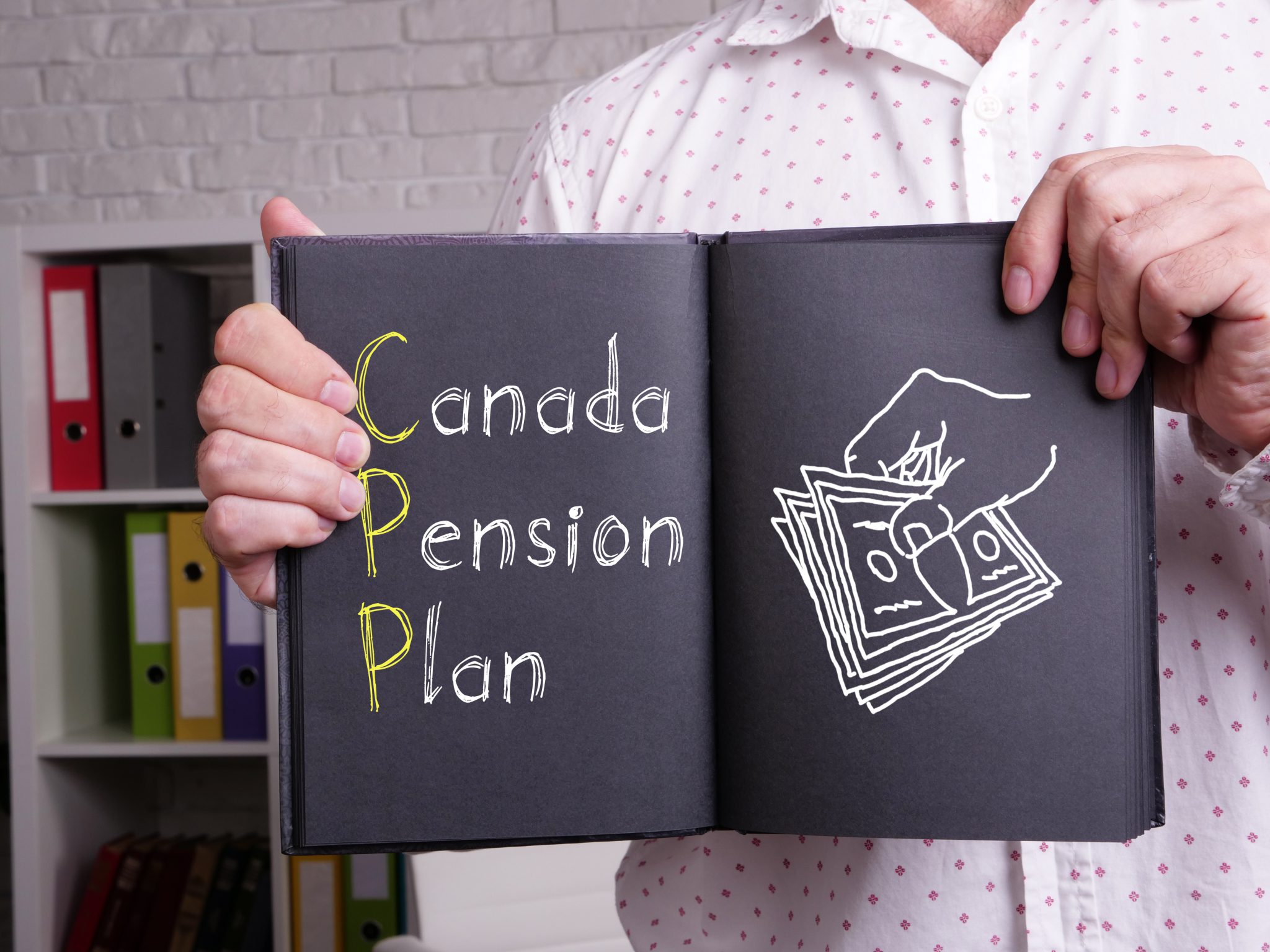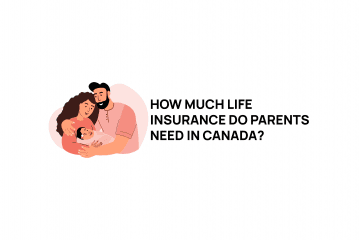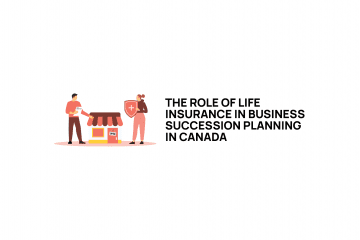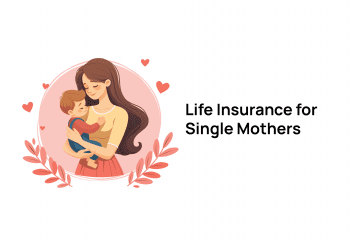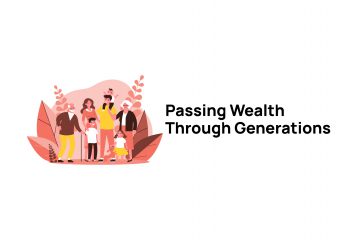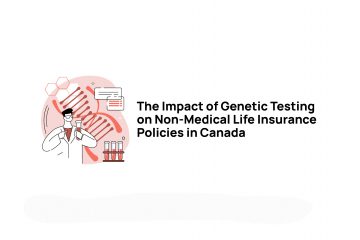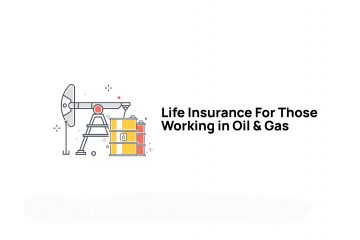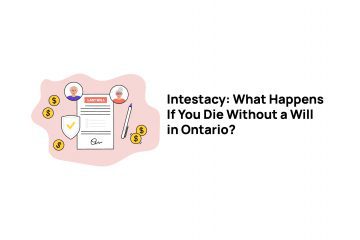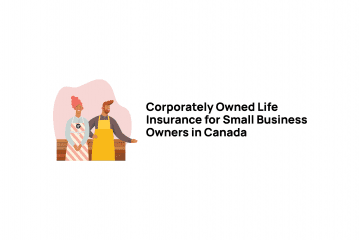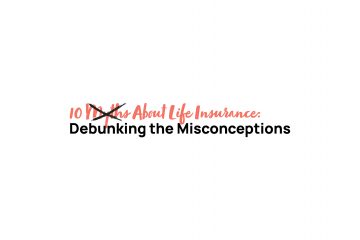Most people know that the Canada Pension Plan (CPP) provides for a pension when you retire, but many are not aware that the CPP also provides benefits after death.
If you have made CPP contributions for at least the “minimum contributory period,” the CPP provides for three distinct benefits after death:
- A lump-sum death benefit
- A monthly survivor’s pension
- A monthly benefit for any dependant child(ren)
What is the minimum contributory period?
In order to be eligible for the Canada Pension Plan Death Benefit, a person must have contributed to the CPP for one-third of the years in their contributory period, subject to a minimum of at least three years of contribution and a maximum of 10 years of contribution.
What are the rules concerning the death benefit?
The death benefit is a lump-sum benefit that is intended to help defray some of the costs resulting from death. The amount of the benefit is equal to six times the amount of the “calculated retirement pension” of the deceased contributor, to a maximum of $2,500.
The death benefit is normally payable to the estate of the deceased contributor. However, if the estate has not applied for the death benefit within 60 days, or if the amount of the death benefit is less than $2,387, it may be paid to one of the following (in order of priority):
- The individual or institution that paid the funeral expenses
- The surviving spouse or common-law partner
- The next of kin
What are the rules concerning the survivor’s pension?
The survivor’s pension is a monthly pension that is payable to the surviving spouse of the deceased contributor, unless the deceased was living with a valid common-law partner at the time of death. To be valid, the common-law partner must establish that they were living in a conjugal relationship with the deceased at the time of death and for a continuous period of at least one year immediately prior to the death.
The amount of the survivor’s pension depends primarily on the age of the survivor. The two basic formulas are:
- If the survivor is over age 65, the pension will be 60% of the deceased contributor’s calculated retirement pension.
- If the survivor is under age 65, the pension will be 37.5% of the deceased contributor’s calculated retirement pension.
In addition to these two basic formulas for calculating the amount of a survivor’s pension, there are complex rules that apply if the survivor is under age 45 and isn’t disabled or looking after any dependant children of the deceased contributor.
Even more complex rules apply if the survivor is eligible for his or her own CPP disability or retirement pension. Here is a link to an article that I wrote about how a survivor’s pension is calculated when it is “combined” with the survivor’s own retirement pension, you can read more on that here.
Due to these complex “combined benefit” calculations, if you are receiving a CPP survivor’s pension before you apply for your own CPP retirement pension, it is important that you have detailed calculations done before deciding when to start receiving your CPP retirement pension. This is because the combined benefit rules can greatly skew the “breakeven ages” for deciding whether to take your CPP retirement pension early, or wait until age 65 or even later.
Service Canada will sometimes do these calculations for you, but if you need any further assistance, I can determine what your options are and help you make the best decision. You can contact me by email at [email protected]. Check out my website.
What are the rules concerning children’s benefits (officially known as orphan’s benefits)?
In order to be considered as a child of the deceased contributor, an individual must either be the natural-born child of the deceased contributor, or must have been adopted by or under the custody and control of the deceased contributor before the individual turned age 21.
In addition, in order to be eligible for monthly benefits, the individual must be one of the following:
- Under age 18, or
- Under age 25 and in full-time attendance at a school or university
The amount of the children’s benefit is a flat rate ($257.58 for 2021). The benefit is normally paid to the person who has custody and control of the child if they are under age 18, or directly to the child if they are over age 18.
Helpful links:
- For further information about the CPP benefits payable after the death of a contributor, click here.
- For the current maximum amounts for all three benefits, click here.
